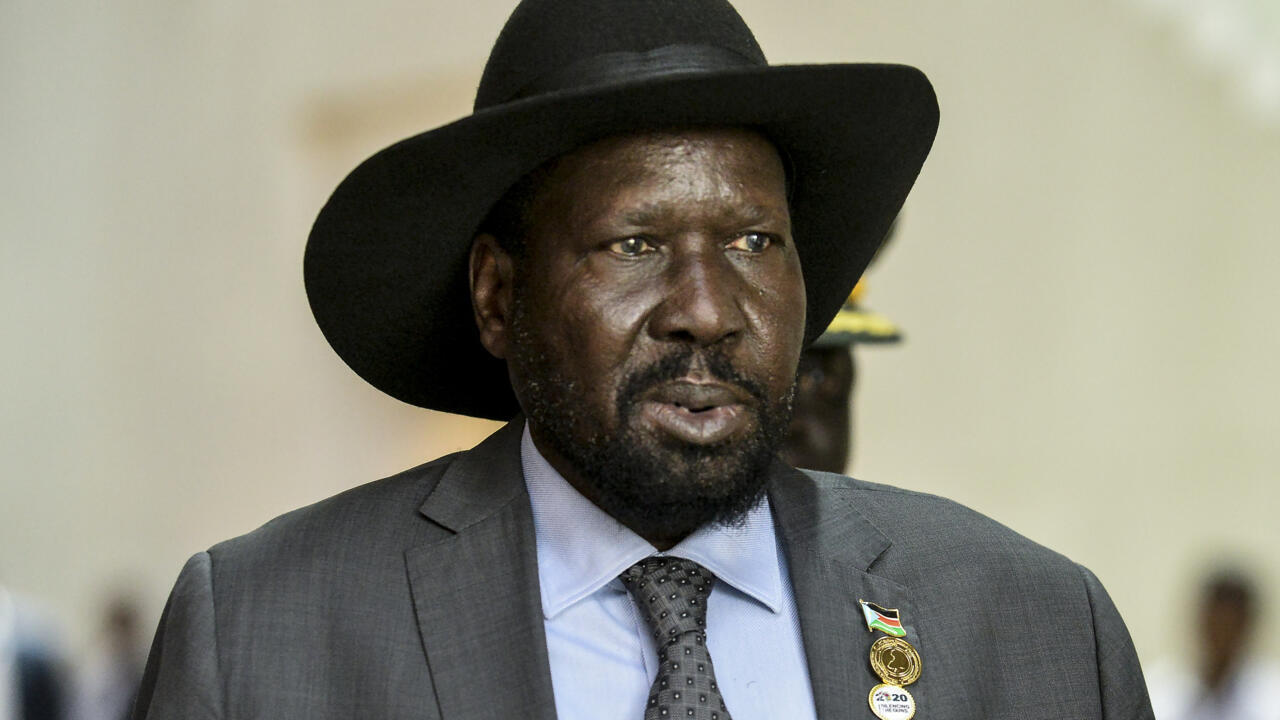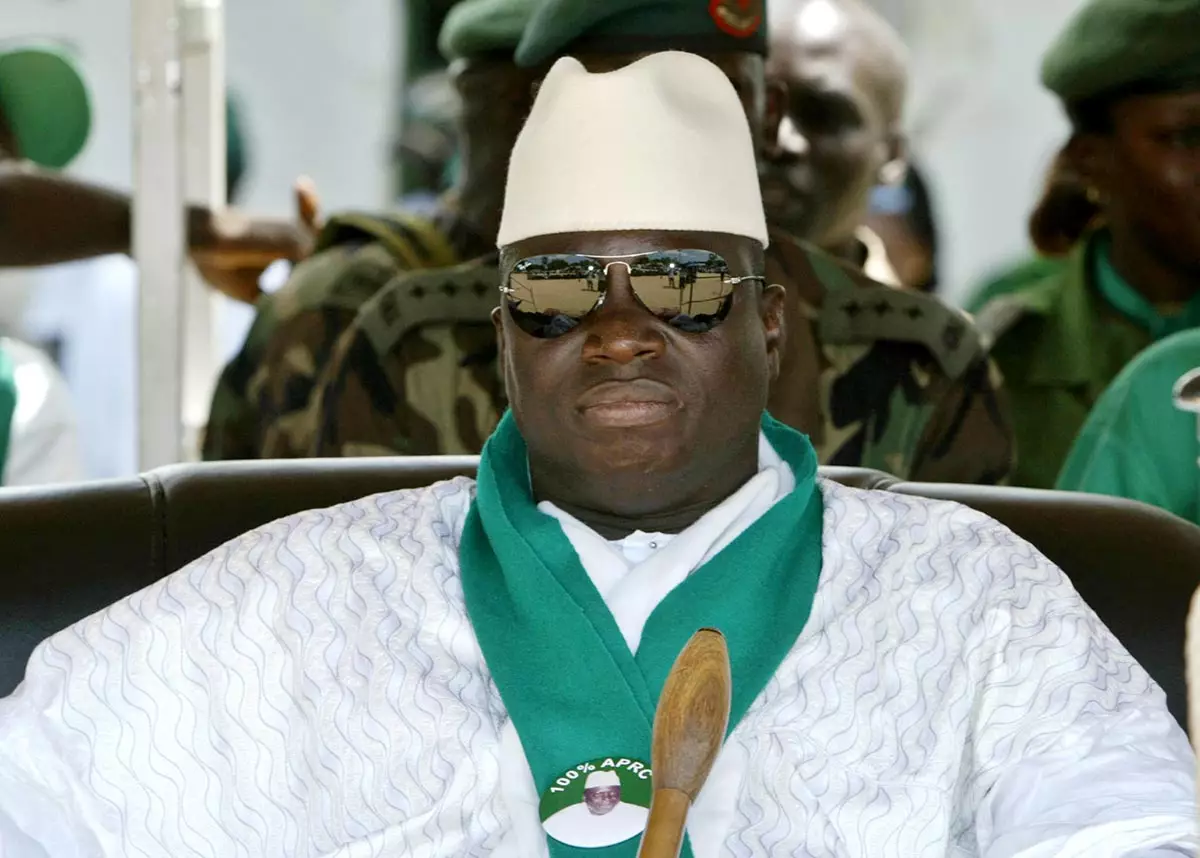
Salva Kiir – President of South Sudan
September 1, 2025“Any journalist who thinks that he or she can write whatever he or she wants and go free is making a big mistake.
If anybody is caught, he will be severely dealt with.”
The statement was made on Gambian state TV by Gambian President Yahya Jammeh, aimed at independent journalists to intimidate them into silence.
Yahya Jameh – 2000
Former President of the Republic of The Gambia.
Notable Actions Undermining Press Freedom under Yahya Jammeh
Open Threats and Hostile Rhetoric Toward the Press
Jammeh routinely used vitriolic language against journalists. For instance, in April 2004, he told reporters to “obey his government, or go to hell,” and a year later lamented that he had permitted “too much freedom of expression.”
Draconian Media Legislation and Regulatory Control
During his tenure, Jammeh enacted numerous oppressive media laws, including:
Newspaper Act (1994): Criminal penalties for failure to pay registration fees.
National Media Communication Act (2000): Obliged journalists to disclose confidential sources to police and courts.
Criminal Code Amendment & Newspaper Amendment (2004): Instituted jail terms for defamation and sedition, and required newspaper proprietors to acquire costly licenses along with registering their homes as security collateral.
Targeted Violence, Assassination, and Impunity
Deyda Hydara, co-founder of The Point and a vocal adversary of Jammeh’s media restrictions, was shot dead in December 2004 after openly opposing the new laws. The murder remains unsolved, with authorities failing to deliver justice despite widespread protests. In the same year, multiple journalists received anonymous threatening letters, warning, “Very soon we will teach one of your journalists a very good lesson”.
Arrest, Disappearance, and Harassment of Journalists
Journalist Ebrima Manneh, attempting to publish a critical BBC report, was detained in 2006; the government denied holding him despite ECOWAS court orders to release him, leading to concerns he may be dead. In 2009, following a statement by the Gambia Press Union regarding Hydara’s unresolved case, six journalists from The Point and Foroyaa newspapers were arrested. Journalists routinely practiced self-censorship, given the lack of access to government and the threat of legal penalties—even when facts were accurate.
National Emergency and Suppression During Political Crisis
As the 2016 election results were contested, Jammeh declared a state of emergency in January 2017. Under its cover, security forces detained political dissidents and shut down four independent radio stations. Legacy of Repressive Media Laws and Ongoing Surveillance. Despite political changes after Jammeh’s fall, many oppressive laws remain. Notably, Section 138 of the Information and Communications Act still permits security agencies to monitor communications without judicial oversight. Criminal code provisions criminalizing sedition and enabling publication seizures also persist.
Legacy of Repressive Media Laws and Ongoing Surveillance
Despite political changes after Jammeh’s fall, many oppressive laws remain. Notably, Section 138 of the Information and Communications Act still permits security agencies to monitor communications without judicial oversight. Criminal code provisions criminalizing sedition and enabling publication seizures also persist.
Post-Jammeh Accountability and Pursuit of Justice
Jammeh-era crimes, including those committed against journalists, are now increasingly being addressed through international legal mechanisms: In May 2024, former Interior Minister Ousman Sonko was convicted in Switzerland for crimes against humanity—specifically, the torture of two journalists, and sentenced to 20 years in prison. There’s also an ongoing initiative by ECOWAS to establish a special tribunal to prosecute Jammeh-era offenses such as arbitrary detention, sexual abuse, and extrajudicial killings.
Read More: https://cpj.org/2001/03/attacks-on-the-press-2000-the-gambia/

